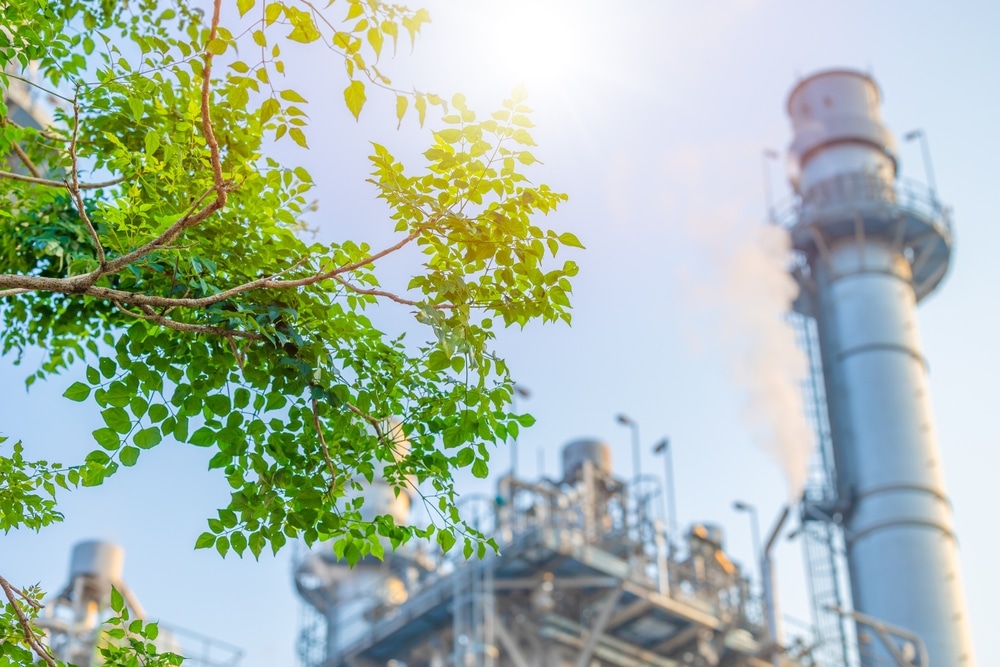Help to shape the future of sustainable energy! Don’t miss your chance to enroll in the Low Carbon Power Technology micro-credential at Trinity College Dublin. Discover cutting-edge insights and help drive the green revolution.
Who is this Micro-credential for?
• This micro-credential targets relevant professionals interested in sustainable power generation technologies across industry and the public sector, including Mechanical and Electrical Engineers, Planners, Energy/Sustainability Consultants, Small Medium Enterprises.
Why should I take this Micro-credential?
• Our modern society is highly dependent upon electricity for communications, computing, manufacture, transport, homes and services. Electricity generation must deliver a reliable energy supply with minimal toxic or greenhouse gas emissions.
• Conventional electric power stations have contributed significantly to global carbon emissions in the past and there is a need to rapidly move away from coal and other fossil fuels. Achieving this requires diversification of energy sources, more efficient energy conversion and large-scale energy storage.
• This micro-credential will establish the foundational physical principles that enable the extraction of useful work / energy from various sources (thermal, fluid, chemical, nuclear etc.), and present the current state of the art in power generation machinery. The important methods of power generation will each be examined, with foundational analysis, in the context of significantly reducing greenhouse gas emissions.
• This Micro-credentials are all CPD approved by Engineers Ireland
About Trinity College Dublin
Trinity College Dublin, located in the heart of Dublin city, is steeped in scholarly and national history. Today it remains Ireland’s highest ranked university and within the world’s top one hundred. TCD provides an excellent variety of courses throughout areas in the Arts and Humanities, Business, Law, Engineering, Science and Health Sciences.
Over 17,000 undergraduate and postgraduate students from Ireland and across the world attend the illustrious university. And there is a good reason for the huge attraction to Trinity as it has produced some of the world’s greatest minds such as Samuel Becket, Oscar Wilde and former Irish president, Mary Robinson. Trinity College Dublin prides itself on continuing this tradition by offering the finest third level education to students and propel them onto becoming the next great leader, writer, artist, scientist and most importantly, thinker.
Along with TCD’s grand selection of on campus undergraduate and postgraduate courses, the university also provides Online Education and CPD programmes. Prosperous students can apply for Free Online Courses now as the Department of Online Education in 2016 have teamed with Futurelearn to issue three major free online courses – (MOOCS) in Irish History, Successful Ageing and Exercise Prescription. This allows students who might be working full-time or at a geographical disadvantage to attend Trinity College Dublin virtually.
Situated on College Green, Trinity is close to all the vibrant culture and entertainment Ireland’s capital has to offer. Museums, galleries, restaurants, live music, cinema are all walking distance from the beautiful campus grounds. Public transport to anywhere in the country surrounds the university, allowing students to take a break from study to explore Ireland and enrich their life experience. Not to mention the tremendous historical aura within Trinity itself, most notably the Book of Kells. TCD provides the best opportunities for students for their future careers and worldview.
What is Low Carbon Power Technology?
Low carbon power technology refers to methods of generating electricity that produce relatively low carbon dioxide emissions compared to traditional fossil fuel-based methods. Here is an overview:
- It includes renewable energy sources like solar, wind, hydro, geothermal and biomass power that emit little to no carbon dioxide.
- Nuclear power is also considered low carbon despite waste disposal challenges as the electricity generation itself does not release greenhouse gases.
- Transitioning from coal power plants to cleaner natural gas plants reduces carbon emissions from electricity generation.
- Carbon capture and storage technology that traps CO2 from fossil fuel plants also enables low carbon power.
- Improving transmission efficiency with smart grids helps cut electricity losses and associated emissions.
- Emerging innovations like hydrogen fuel cells, tidal power and small modular nuclear reactors offer more options.
- Combining low carbon power sources through integrated hybrid systems optimizes reliability and sustainability.
- Prices for renewables are becoming increasingly cost competitive with conventional power.
- Many countries are investing heavily in renewables and phasing out high emission electricity sources to hit climate goals.












Comments